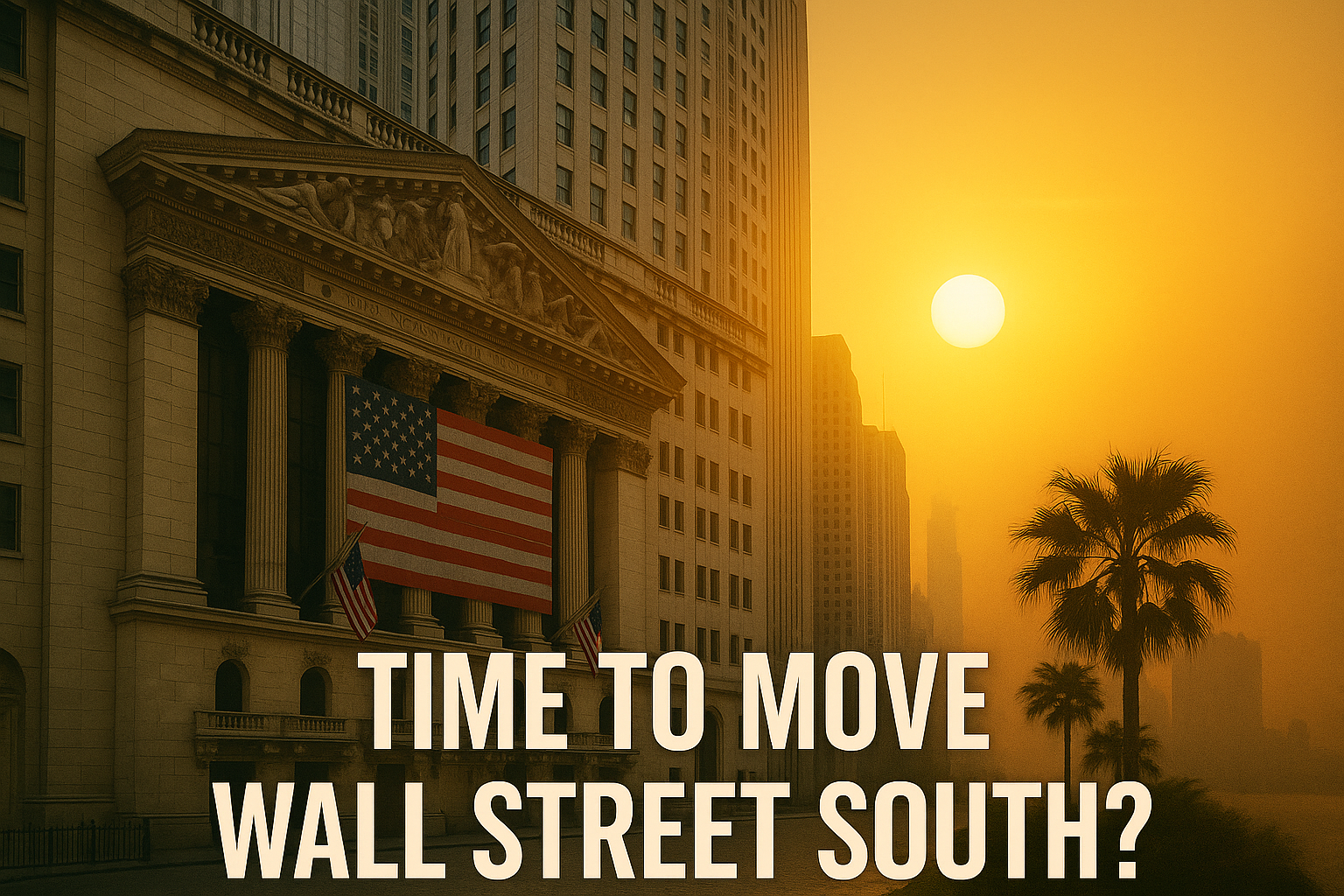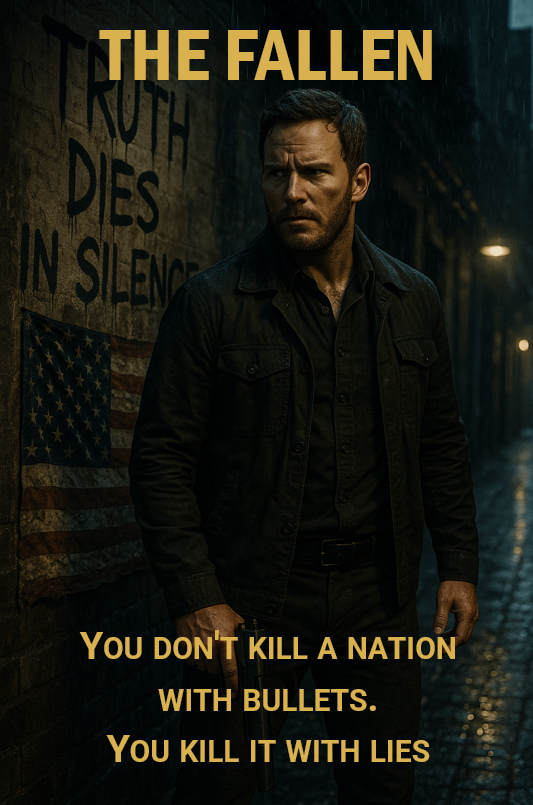For generations, New York City was the heartbeat of American capitalism—a skyline built on faith in free enterprise, risk, and reward. But that heartbeat is weakening. With voters now considering the election of an extreme socialist like Zohran Mamdani, the city teeters on the edge of an economic and moral cliff. Crime, heavy taxes, political hostility, and failing infrastructure are already causing a quiet but growing migration of financial giants—the very institutions that made Wall Street the envy of the world—toward Texas and Florida, where business is encouraged, not punished.
Esteemed political author George F. Will has warned that if New York elects a self-proclaimed democratic socialist like Mamdani, it will become a testing ground for failure — showing, in real time, how socialist governance creates bloated bureaucracy, capital flight, and collapsing public services. The city that once symbolized the American dream could turn into a warning of how ideology destroys prosperity. Fifteen years ago, the idea of Wall Street leaving New York was unthinkable. Today, it’s possible. By 2028, even the New York Stock Exchange could relocate — an event that would cause a significant economic and symbolic shakeup, affecting every borough.
The Real Price of Losing Wall Street
More than 460,000 New Yorkers work directly in finance and securities, with another one million jobs linked to the industry — from law firms and caterers to maintenance crews and taxi drivers. Every banker’s lunch supports a waiter; every accounting contract supports small businesses. If just 10% of those financial jobs disappear, that’s 46,000 high-wage positions lost — and roughly $9 billion in lost wages, which amounts to nearly $1 billion less in annual tax revenue. Doubling that loss, the shortfall reaches $2 billion per year, enough to cut funding for police, sanitation, and schools.
The securities industry alone contributed $5.1 billion to the city’s FY 2024 budget through business and personal income taxes — nearly one-quarter of all personal income tax revenue. Its $47.5 billion bonus pool helps keep restaurants busy, real estate markets thriving, and small businesses running. When that system collapses, the pain isn’t just theoretical — it’s felt in every paycheck, every empty storefront, and every underfunded classroom.
The Fragile Ecosystem of a City on Edge
Cities thrive on confidence — the shared belief that government is competent, streets are safe, and hard work will be rewarded. That confidence in New York is cracking. Under socialist-style policies, the city risks repeating the collapse of the 1980s and early 1990s.
For NYC, when the financial firms go, the ripple will become a tidal wave. Local businesses lose foot traffic from tens of thousands of daily workers. Commercial landlords face plunging property values. Public services shrink as the tax base erodes. Left unchecked, that cycle of decline feeds on itself — fewer jobs, fewer taxpayers, fewer police — until confidence collapses altogether.
The Corporate Exodus
The corporate departures resemble a slow decline. Foot Locker is relocating to Florida, Comtech to Arizona, and ITT Inc. to Connecticut. In finance, Citadel and Blackstone Infrastructure moved to Miami, while JetBlue, AIG, and Peloton shifted to Florida, New Jersey, and Texas. Between 2020 and 2023, over 150 investment firms also left New York for the Southeast, taking tens of billions in payroll, tax revenue, and capital with them—indicating a major shift in America’s financial center toward the pro-growth South.
A Lesson from History
New Yorkers have experienced this story before. In the early 1990s, the city was at a breaking point — homicides exceeded 2,200 annually, subways were dangerous, and businesses deserted the city. Bankruptcy was imminent until Mayor Rudy Giuliani and Commissioner Bill Bratton restored law, order, and accountability. Crime decreased, investment returned, and New York once again became the safest large city in America—and reestablished itself as the global financial hub.
That revival was built on courage and competence — and it can disappear just as quickly. Today’s leaders risk repeating history in reverse: punishing enterprise instead of supporting it, excusing disorder instead of tackling it. The outcome is predictable — an economy that drains talent and a city that loses its spirit.
The Stakes for Everyday New Yorkers
This isn’t about billionaires. It’s about the waiter in Midtown, the bus driver in Queens, and the teacher in Brooklyn whose paychecks depend on a functioning economy. When corporations leave, they take more than tax dollars — they take the city’s lifeblood. Jobs disappear, property values decline, revenues plummet, and crime increases. As despair spreads, so does flight — of both capital and people.
If voters elect an extreme socialist as their city’s mayor – the hub of the nation’s capitalist center — they should be prepared for the eventual outcomes. The financial industry that resides within the NYC skyline is far more mobile than the average citizen realizes. The collapse won’t come with headlines or sirens. It will come quietly — one company, one job, one family at a time — until the city that once built Wall Street becomes the very cautionary tale George Will warned of: a laboratory proving socialism’s failure through its own decline.
The question is not whether New York can survive without Wall Street, but whether the average voter will take the time to fully understand the implications of turning their city over to an extreme socialist. In the words of the former Prime Minister of the United Kingdom, Margaret Thatcher, “The problem with socialism is that you eventually run out of other people’s money.” And by that time, the damage will have already been done.




